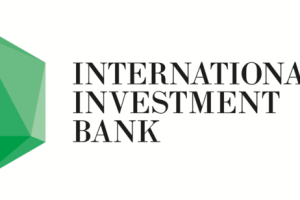Alătură-te comunității noastre!
Vezi cele mai recente știri & informații din piața de capital

China’s development of advanced semiconductors used in military applications is to be blocked by the export controls unveiled by the U.S. Department of Commerce on Friday.
Washington implemented updates that further restrict Beijing’s ability to obtain advanced computing chips, develop and maintain supercomputers. But this decision may have ripple effects.
Chinese chipmakers could introduce firms like Semiconductor Manufacturing International to global supply chains. A move that may prompt them to speed up their progress in the commoditized parts of the market.
Nearly every factory relies on crucial hardware and software from U.S. suppliers like Lam Research and Applied Materials.
Now, any company that uses such American equipment will be restricted from selling relatively high-tech semiconductors or tools to Chinese firms.
Practically, President Biden’s move on Beijing potentially sets back Chinese chipmakers by years, if not decades, as noted by Reuters.
Companies like Semiconductor Manufacturing International Corporation (SMIC) may catch a break, after all.
The semiconductors market has some grey areas, where low-tech chips are manufactured, the so-called trailing-edge products.
And these come below the new U.S. rules’ radar since they target specific types of leading-edge memory and logic components, not analog or discrete semiconductors commonly used in cars, computers, and gadgets.
These less politically sensitive products are a consistent market to play for. Growth for logic and memory sales was surpassed by analog sales in 2021, when they increased by more than a third, to $74 billion.
SMIC, China’s largest contract chipmaker, is producing chips that are designed by other companies and rivals the likes of Samsung and Taiwan’s TSMC.
In 2020, the company was included on Washington’s so-called Entity List. The Trump administration has added SMIC to this export blacklist in an attempt to continue exerting pressure on Beijing in the final weeks of its presidency.
Despite this, SMIC’s revenues increased by 53% y-o-y in the first half of 2022, to $3.7 billion, a sign that demand for lower-tech processors is still strong in China.
Dominant chipmakers like TSMC, Samsung Electronics, and Intel are encouraged by most governments to prioritize leading-edge semiconductors.
That may give an important edge to Chinese outfits in the longer term in grabbing a larger global share of this less flashy end of the market.









Vezi cele mai recente știri & informații din piața de capital